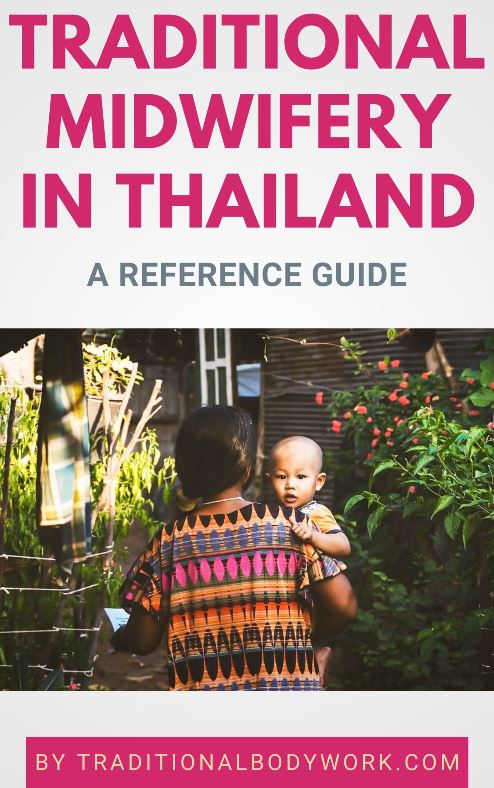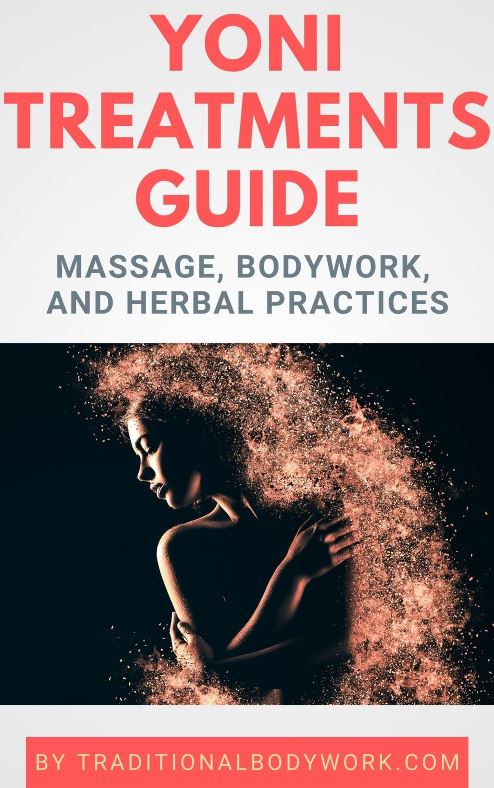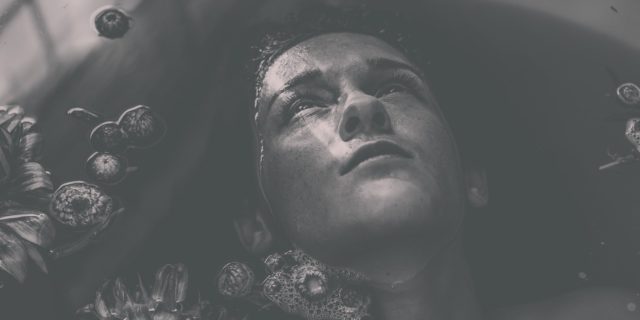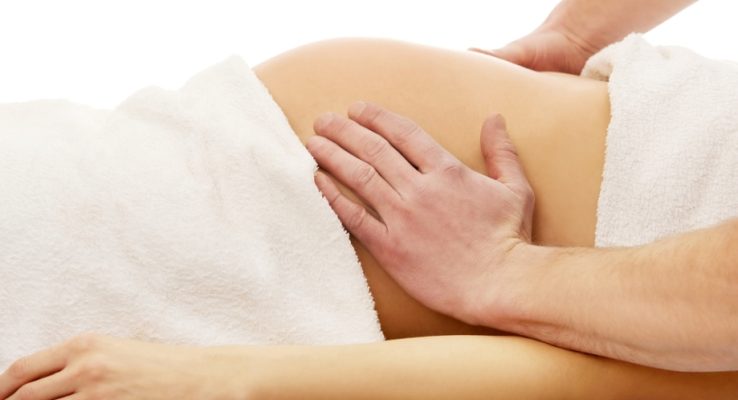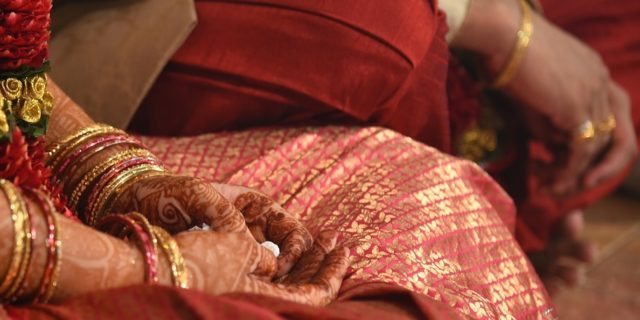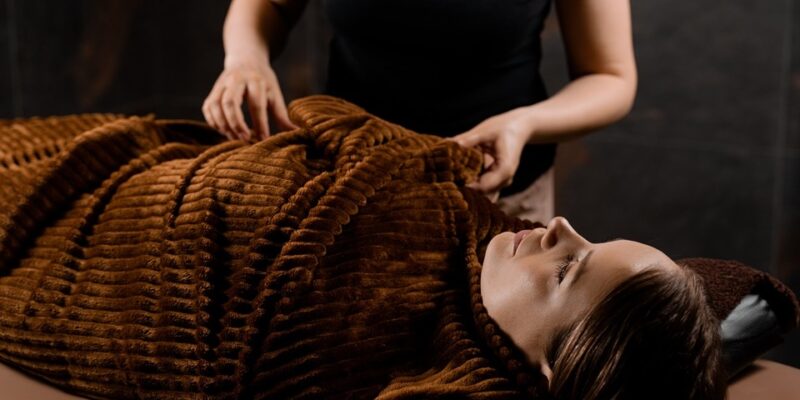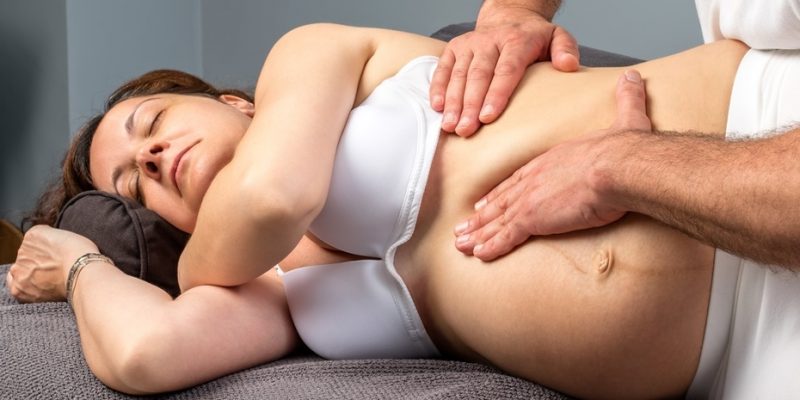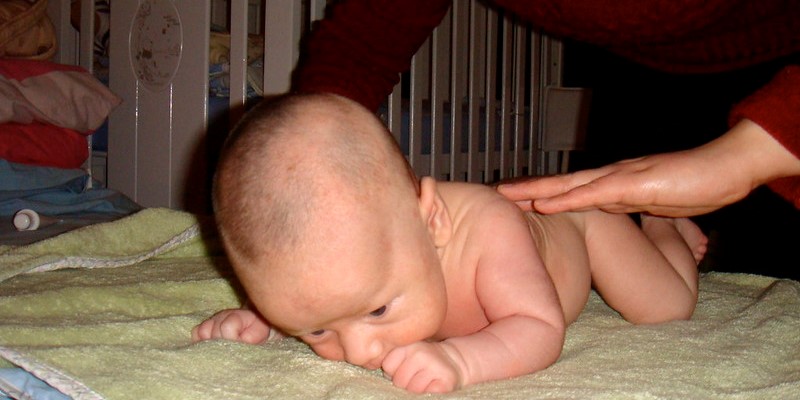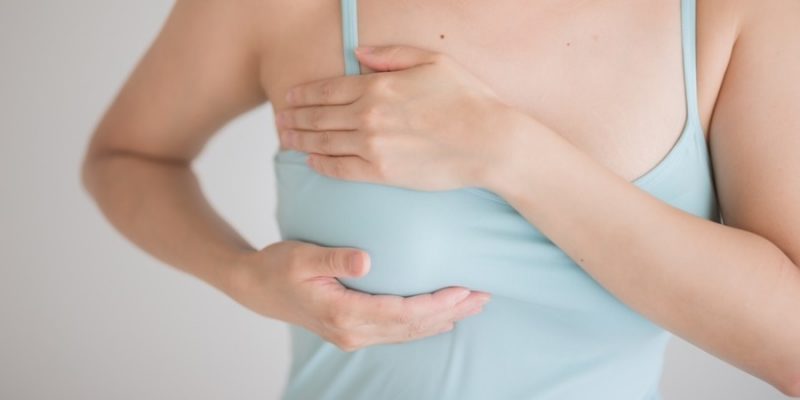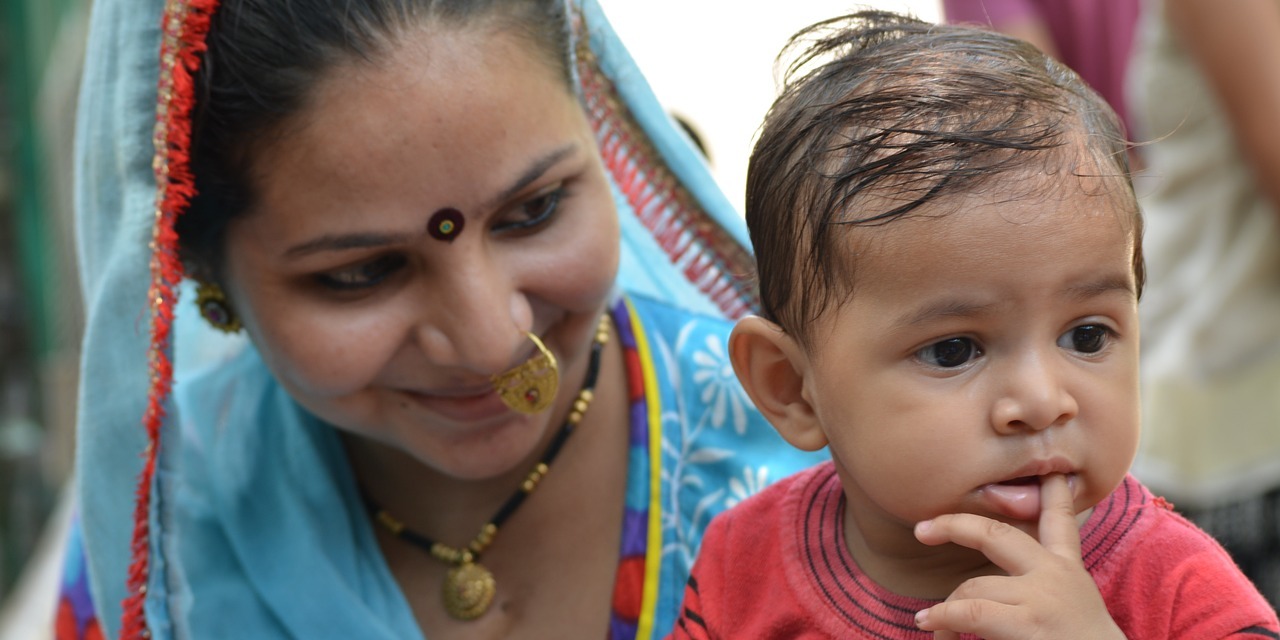
In India, the Ayurvedic outlook towards motherhood is that pregnancy, childbirth, and the postpartum period are parts of a holistic experience. In this post, we take a brief look at the care taken in the postpartum (i.e. postnatal) period.
Introduction
The general Ayurveda recommendations for the postpartum period cover various aspects such as a dietary regime (including a herbal regime), specific behavior, certain activities and restorative treatments, and spiritual actions.
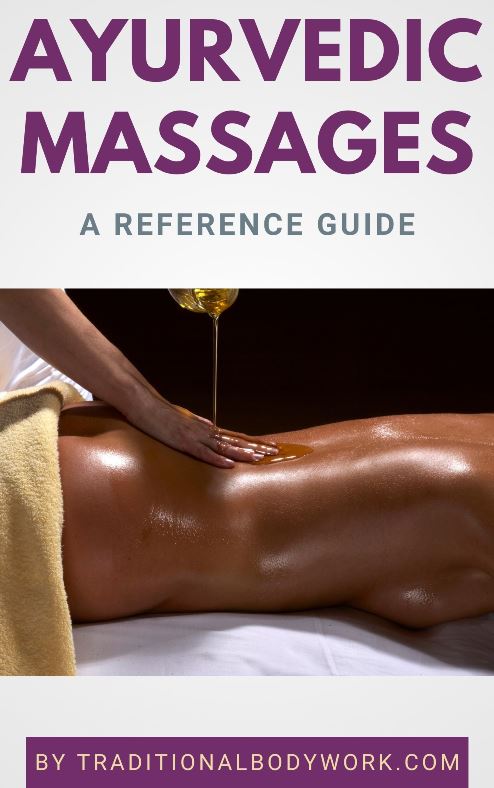
The first three months after childbirth are seen as very important as this is the period in which the mother needs to get back to her previous physical fitness and — if she will breastfeed — will need to have proper lactation to nurse her newborn baby.
It’s the period where the enlarged uterus shrinks back to normal position, and ligaments, muscles and tendons associated with the uterus start regaining their force. In general, it’s a time of regaining strength and vitality.
Traditionally, the mother is taken care of by several women, including a traditional midwife, who provide specific food, herbs, massage, and other practices.
Confinement Period
The immediate postnatal confinement period in India is called Sutika Kala. The duration of this period, which is also called the Puerperium, is generally about forty-two to forty-five days (six weeks).
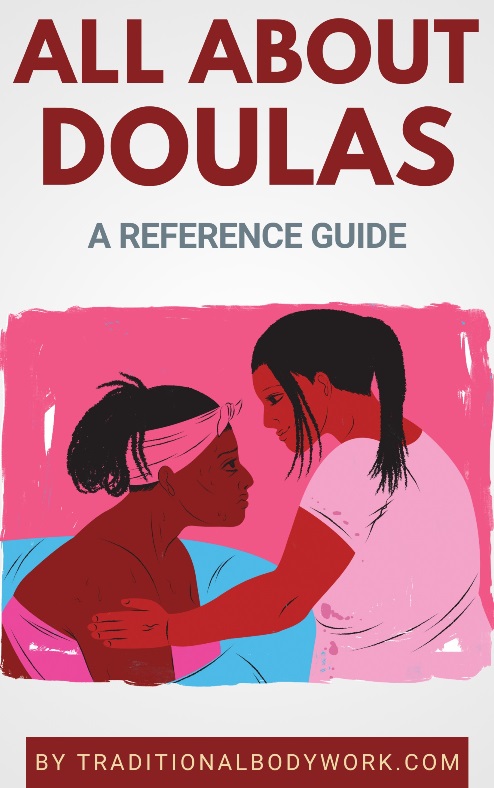
The mother who has just given birth is named Sutika in Ayurveda, and the care provided is labeled Sutika Paricharya. Postnatal care or Sutika Paricharya is of great importance for a mother to restore her pre-pregnancy health and condition. During this period, the mother needs to regain her lost energy and mental strength, and bring the imbalanced Doshas (Vata, Pitta, and Kapha) back to normalcy.
Proper food and drinks are important, and a special diet is prescribed to restore the loss of reproductive fluids and blood. Food should be light as well as nourishing. The focus is on foods that are warm, wet, oily, and have sour, sweet, and salty tastes in order to balance out the Vata Dosha.
Specific aims of Ayurvedic postnatal care are the restoration of Agni or Digestive Fire, normalization of the Vata quality, optimization of breast milk quality, avoiding physical exertion, having the right foods and drinks i.e. a proper light diet, Abhyanga oil massages for strengthening and relaxation, increasing appetite, and getting plenty of rest.
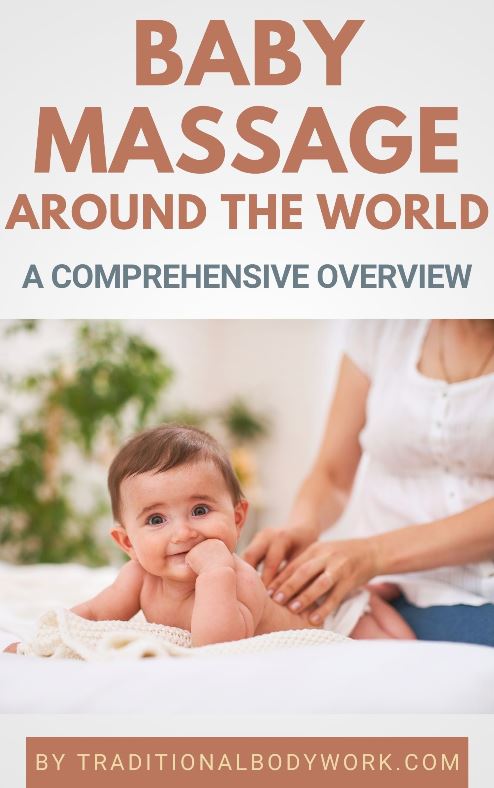
There are quite a number of things that need to be avoided in the postnatal time, such as physical and mental stress, anger, cold foods and drinks, sexual intercourse, cold water, cold wind and cold things in general. A full Panchakarma treatment should not be done either.
Additionally, in proper balance to the whole of care-taking activities and in line with Ayurvedic directives, the natural urges (the so-called Vegas) should not be suppressed, because doing so could lead to disease. The Vegas are, for instance, the expulsion of gas, defecation, urinating, belching, sneezing, drinking when thirsty, eating while hungry, sleeping when tired, coughing, crying when feeling grief or pain, among other natural arising needs.
Typical Sutika Paricharya Treatments
Some treatments should be done every day, such as Abhyanga Oil Massage, Avagaha Sitz Baths, and heating and sweating treatments (Svedana or Swedana). In any case, to give an idea of the most important treatments in the postnatal confinement period:
- Abhyanga Full Body Oil Massage is applied to strengthen the lower back, hip area, joints, muscles and tendons;
- Foot Massages (Pada Abhyanga);
- Head Massages (Shiro Abhyanga);
- Avagaha Sveda Sitz Bath with water boiled with Nalpamaradi Patta oil;
- Abdominal Care and Binding or Udara Veshtanam;
- Paste and Powder Massage (Udvartana);
- Udarmardana (Abdominal Massage);
- Vaginal Massage;
- Vaginal Oiling (Yoni Snehana);
- Complete Fumigation (Tent Steaming e.g. Sweat Lodge);
- Yoni Prakshalanam if deemed necessary;
- Vaginal Fumigation or Vaginal Steaming (Yoni Dhoopan).

